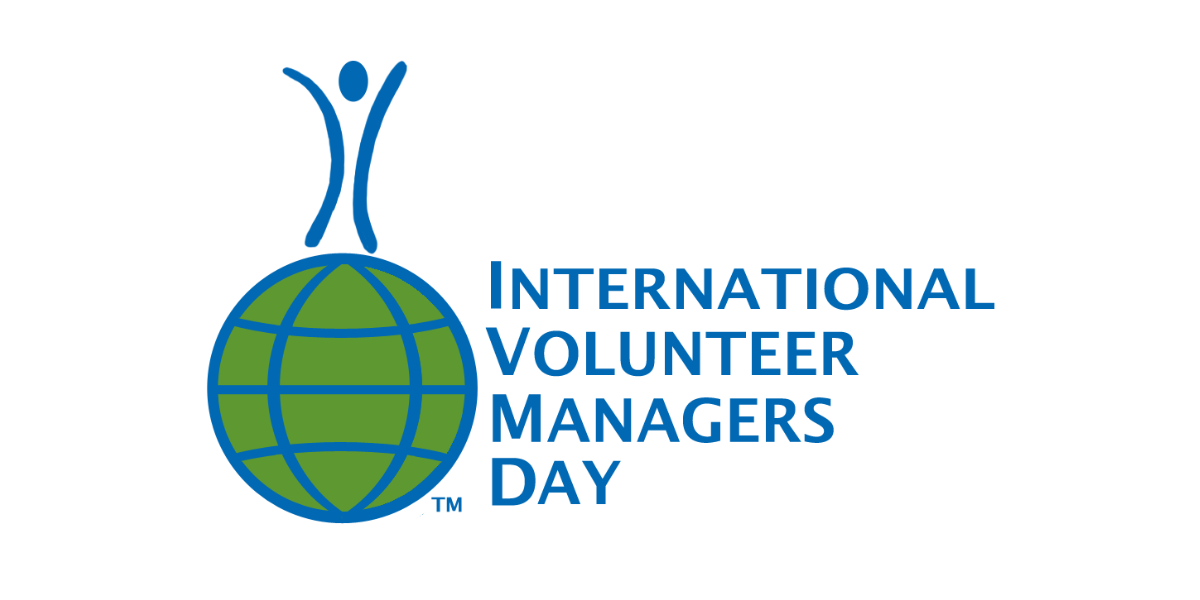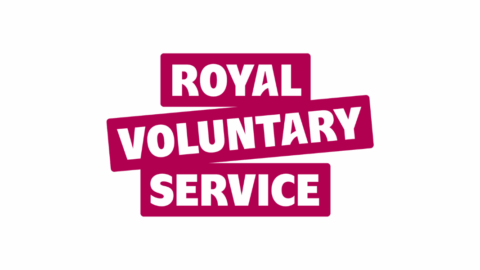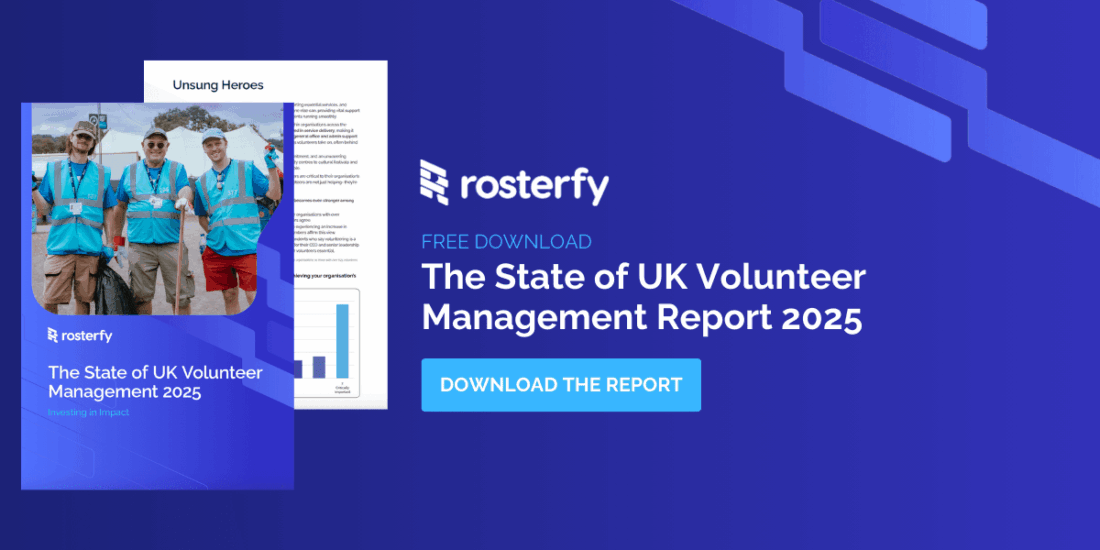It was Katherine’s last day at work before retirement. She’d been a Volunteer Manager for nearly sixty years now. Since they pushed the retirement age up to 85 a few years back she’d resigned herself to sticking with the profession for a little longer.
Katherine had seen so much change in the profession since she fell into the role back in 2014 as a fresh faced 25 year old, full of ‘I-can-change-the-world’ optimism and vigour.
“Where did that energy go?”, she wondered to herself.
Her last day at work saw Katherine giving a talk to the local networking group for members of the Association of Volunteer Management Professionals (AVMP). It was an opportunity for her to reflect on all the changes she’d seen and to give people (many new to the field) a sense of the history of the profession. After all, she’d forgotten more about volunteer management than many of them had even known.
Back when Katherine had started, a profession for Volunteer Managers was still in its infancy. The Association of Volunteer Managers (AVM), as they were called back, then had just started consulting members on the development of a code of practice. Wheels that had been slow to turn quickly gathered pace as the discussions intensified and finally, by the end of 2015, the code was in place.
And that was the first problem. The code had been agreed by paid workers who specialised in leading and managing volunteers and volunteer programmes. There had been a fair bit of diversity in that group, some headed up volunteering at a strategic in large organisations whilst others were in the trenches, managing volunteers day-to-day in a range of contexts. That in itself had been an achievement as there had been all sorts of associations and networks for people working in different contexts at that time.
The problem though was that the majority of people who managed volunteers hadn’t been involved. All those volunteers who did volunteer management roles. All those paid staff in organisations across the public, private and voluntary sectors but weren’t specialists in volunteerism – the business managers, administrators, nurses, doctors, teachers, fundraisers etc. – they all had no say in the code.
Looking back it was clear that this had been one of the causes of the two tier set up Katherine and others struggled with now. The AVMP which stood up for volunteering specialists and the Association of Managers of Volunteers (AMV) who spoke for everyone else. Sure the two bodies agreed on some things but more often than not they were at loggerheads, the AMV accusing the AVMP of being elitist and exclusionary, the AVMP accusing the AMV of undermining professional standards by not having codes of practice, qualifications etc..
Of course, the codes of practice and qualifications did give the work of AVMP members much needed rigour. Organisations knew that if you employed an AVMP member to run your volunteer programmes you were getting someone who knew their stuff and would do a good job. Lessons had been learnt early on from other fields that just because someone earned a good wage didn’t make them competent. As AVM developed into AVMP between 2020 & 2025 they made sure that their members were highly effective rather than just highly paid.
But all those structures had caused problems too. It had vastly narrowed the entry routes into volunteer management, resulting in a far less diverse field than it had been before. That caused the first criticisms of AVMP being elitist, a legacy that sadly continued all these years later.
With hindsight it had perhaps all been to process focused too, with Volunteer Managers having to jump through endless hoops to prove their worth. That was until a better balance was achieved, with academic and vocational aspects carrying equal weight in the accreditation process. But this still caused problems for those whose years of prior experience suddenly counted for nothing unless they had a piece of paper in their hands. Many of those had simply given up, quit or moved on, often using their experience to take up senior roles in Volunteer Involving Organisations, their disenchantment with what volunteer management had become causing them to sometimes be too hard on their own Volunteer Managers. It had also resulted in a big loss of knowledge and experience that would have been invaluable in the education of new Volunteer Managers.
Of course, those issues worked themselves through over time but it had been a difficult and painful few years for the emerging profession and for the individuals affected.
And then there had been the credibility issue.
All the original codes of practice were clear on what the volunteering was that members of AVMP led and managed. It involved no reward and required no incentive. Nothing of any material value was ever exchanged. Ever. Volunteers only gave time if they freely chose to. In short, volunteering was a neatly defined and fixed reality.
Looking back over sixty years Katherine could see how volunteering had changed and evolved because volunteers themselves had changed. People today lived different lives than people sixty years ago. Looking back it was obvious in a way it hadn’t been at the time that defining ‘valid’ volunteering in terms of what had come before was the wrong call.
In the last sixty years incentives and rewards had become more commonplace and accepted. Volunteering didn’t suffer, it changed.
In the last sixty years (in fact even before then) people got something material out of their volunteering. It had remained the case that volunteers weren’t paid a wage for what they did (that had been a line in the sand that nobody was willing to cross) but schemes such as those that used to be called Timebanking or where volunteers got credits they could exchange in stores had all developed. Volunteering didn’t suffer, it changed.
In the last sixty years people had realised that the absence of a free choice to volunteer wasn’t just there when someone was forcing you to give time in exchange for graduating school or claiming a benefit. Absence of free choice was there – always had been there – when peer pressure was at play, or societal expectations were in place (such as university students having to volunteer if they stood a chance of getting a job on graduation). Volunteering didn’t suffer.
What suffered was the emerging profession of volunteer managers. They drew the boundaries of what was acceptable for their members to manage so tightly that it reduced their credibility to speak out on anything other than ‘pure’ volunteering. They saw volunteering as something that wouldn’t change. When it did they realised they needed to as well. It had been a close run thing for a time with the profession almost dying before it had begun, strangled by its own restrictions. But thankfully things changed.
And so things got off to a rocky start. But the biggest challenge came in the late 20’s.
With hindsight, they should have seen it coming. The same thing had affected fundraising in the 00’s and 10’s. And Volunteering England (as they were back then) had done that work on Volunteer Rights. Yes, the warning signs were there but hadn’t been spotted.
Katherine shuddered as she remembered one of the toughest times of her career.
As the professional of volunteer management had become more established and high profile so the expectations volunteers had of their managers and the organisations they gave time to had grown. More people were giving time, volunteering was more high profile and socially acceptable and those who volunteered demanded the same levels of professionalism from Volunteer Managers that they demanded from doctors, lawyers, teachers and other professions. And when they didn’t get it, they complained.
As the AVMP became more established the complaints increased and increased.
Soon others started to take notice. The media, always on the look out for a negative story, started to run pieces on volunteers who felt let down or poorly by Volunteer Managers and Volunteer Involving Organisations, whether members of the new profession or not (that distinction didn’t matter to the person on the Clapham Omnibus). First it was just consumer watchdog stuff but then the mainstream media picked it up. Newspapers ran negative stories about Volunteer Managers just like they had when the public got frustrated with fundraisers a decade beforehand.
Then the politicians got involved. AVMP staff and board members were called to parliament to explain to MPs why so many volunteers felt poorly treated. AVMP was told to get its house in order. Self-regulation was demanded with the threat of statutory regulation if that didn’t work. Politicians weren’t about to let so many of their constituents feel so frustrated and see nothing done by those they’d put in power.
Whereas fundraising had taken a decade or so to get self-regulation working properly, politicians expected Volunteer Managers to get it sorted in much less time. After all, Volunteer Managers and fundraisers were all in the same sector so they must talk to each other right? Wrong as it turned out. So for a while it had been a close run thing with AVMP frantically trying to play catch up with fundraising colleagues and put in place a scheme of self-regulation before the statutory regulation deadline. They made it, just. It wasn’t perfect and tweaks had to be made of course.
They’d been dark days. The public had turned against Volunteer Managers. Politicians had turned against Volunteer Managers. Many Volunteer Managers turned against AVMP, claiming that all the work to professionalise the field had demonised it instead. That had been another seed that had led to the Association of Managers of Volunteers which still caused tensions to this day.
“Ladies and gentleman, it’s time for our keynote speaker…”
The organiser of the network meeting had started her introduction and it brought Katherine round from her reminiscences. As the introduction finished she got to her feet and walked the few steps to the the podium, ready to share her takes on the lessons of the past.
Katherine’s last thought before she spoke was that she wished she’d know in 2015 what she knew now.
This blog was originally posted here:
http://robjacksonconsulting.blogspot.co.uk/2014/05/unintended-consequences.html





